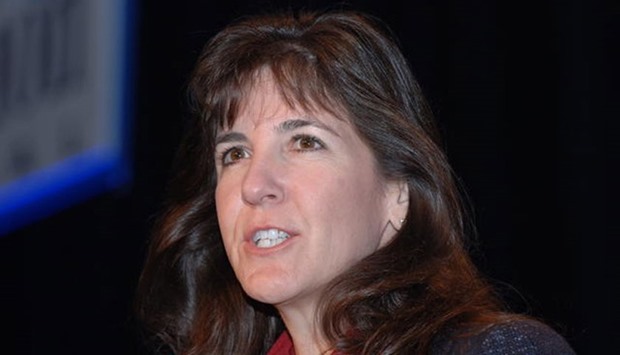Globally, Boeing projects a demand for more than 1.5mn pilots and technicians over the next 20 years.
Boeing forecasts that between 2016 and 2035, the world’s commercial aviation industry will require approximately 617,000 new commercial airline pilots, 679,000 new commercial airline maintenance technicians and 814,000 new cabin crew.
The 2016 outlook shows a growth of approximately 11% over the 2015 outlook for pilots and maintenance technicians. Demand is driven by changes in fleet mix and overall fleet growth.
“The Pilot and Technician Outlook has become a resource for the industry to determine demand for successful airline operations” said Sherry Carbary, vice president, Boeing Flight Services.
“Cabin crew is an integral part of operating an airline, and while Boeing does not train cabin crew like pilots and technicians, we believe the industry can use these numbers for planning purposes.”
The outlook represents a global requirement for about 31,000 new pilots, 35,000 new technicians and 40,000 cabin crew annually.
The Asia-Pacific region comprises 40 percent of the global need due to the growth in the single-aisle market which is driven by low-cost carriers, while North America is the result of new markets opening in Cuba and Mexico, and demand in Europe has increased as a response to a strong intra-European Union market.
In an earlier report, IATA, the global trade body of airlines said airlines are expecting to continue the “strong pace of hiring” over the coming year; and expects the total employment by airlines worldwide will reach 2.61mn this year.
“Growth in employment was strong in 2015, and IATA’s survey of airline CFOs in April showed a rising net balance of those saying they would increase hiring over the next 12 months,” the International Air Transport Association said in its mid-year report on the “Economic performance of the airline industry”, which was released at the 72nd IATA AGM in Dublin in June.
IATA estimates that total employment by airlines will reach 2.61mn in 2016, a gain of almost 3% compared to 2015.
In another report, IATA said Middle East carriers have registered an 11.8% rise in demand in the passenger market in May compared to a year ago, which was the “largest increase” among various regions in the world.
Capacity increased 15.6%, however, and load factor dropped 2.4 percentage points to 71.9%. Growth in capacity has now exceeded traffic growth in 18 of the past 20 months, IATA said in its passenger traffic report.
All segment-based passenger routes to and from the Middle East led by the three big Gulf carriers — Qatar Airways, Emirates and Etihad — saw “solid gains” during the first five months of 2016, IATA said.

u201cThe Pilot and Technician Outlook has become a resource for the industry to determine demand for successful airline operationsu201d says Sherry Carbary, vice president, Boeing Flight Services.
Middle East will require 58,000 new pilots; 66,000 new technicians; 92,000 new cabin crew over the next 20 years, Boeing said in its outlook released on Tuesday.

